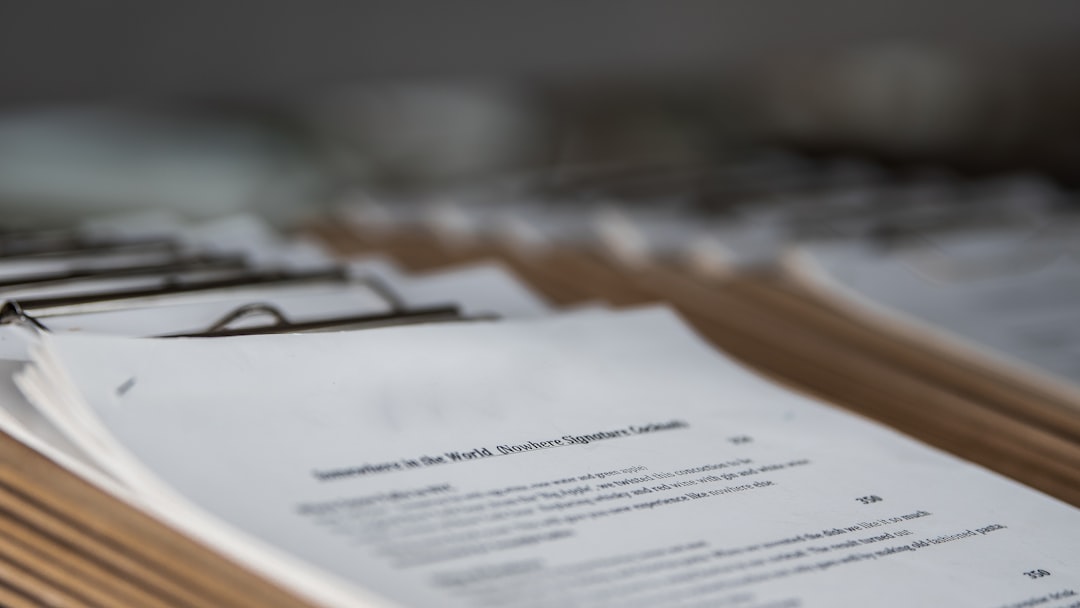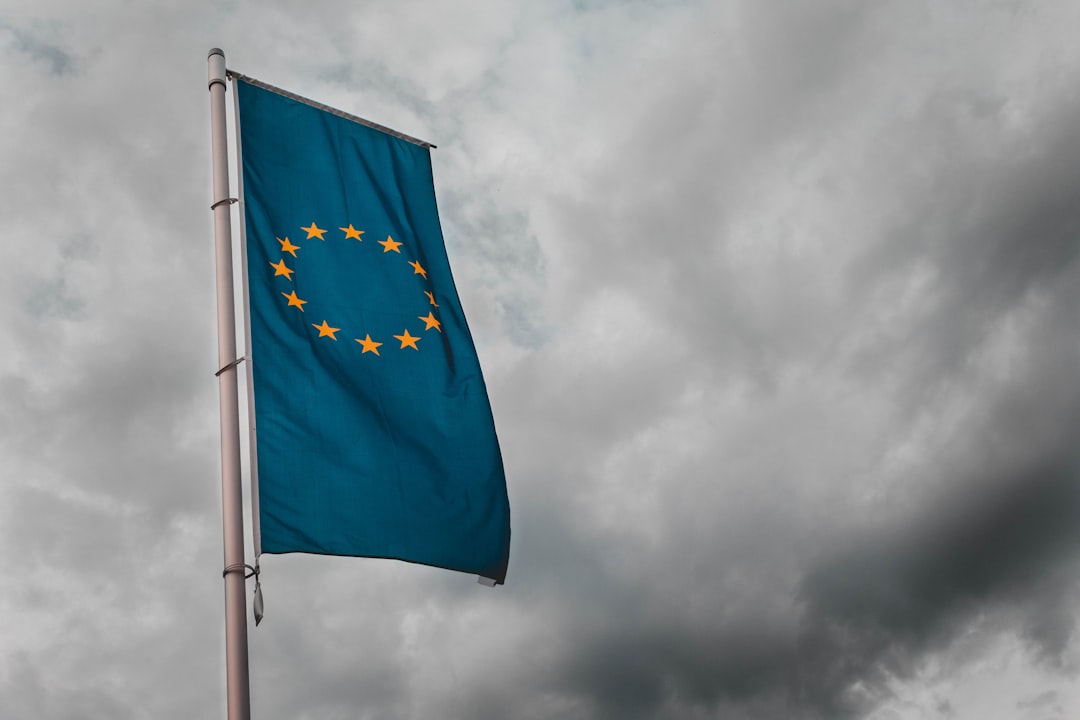What is it about?
Research on political communication between MPs and the public has focused on the role, activities and perceptions of the members of parliament (MPs) themselves. However, the authors’ prior research demonstrated that in fact social media necessitate a new prism through which to study such communication. The contribution of the present study is to look at this relationship through the heretofore under-researched prism of those who in fact are doing much of the actual communication (at least in Israel): the parliamentary assistants (PAs). Whereas other studies tend to focus on the communicative contents, the present research deals mainly with the behindthe- scenes processes that produce such content. In this study 26 PAs were interviewed in Israel’s Knesset regarding three central questions: What are the goals of the MPs’ activities on Facebook? What are the key obstacles perceived by the assistants while maintaining MPs’ Facebook presence? What are the main professional dilemmas that PAs run into during their Facebook activity on behalf of MPs? By addressing these questions, the paper contributes to generating a more comprehensive picture of the ways political Facebook posts are born, and of the processes through which MPs’ social media presence is generated.
Featured Image
Why is it important?
the paper contributes to generating a more comprehensive picture of the ways political Facebook posts are born, and of the processes through which MPs’ social media presence is generated.
Read the Original
This page is a summary of: A Facebook post is born: exploring the process of generating MPs’ social media presence, Journal of Legislative Studies, October 2017, Taylor & Francis,
DOI: 10.1080/13572334.2017.1394738.
You can read the full text:
Contributors
The following have contributed to this page










